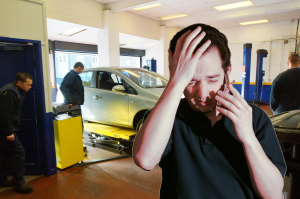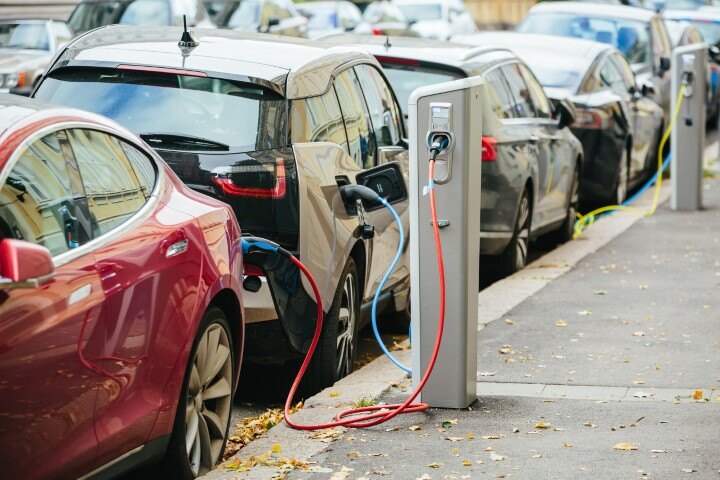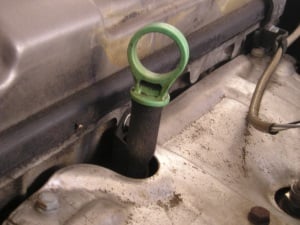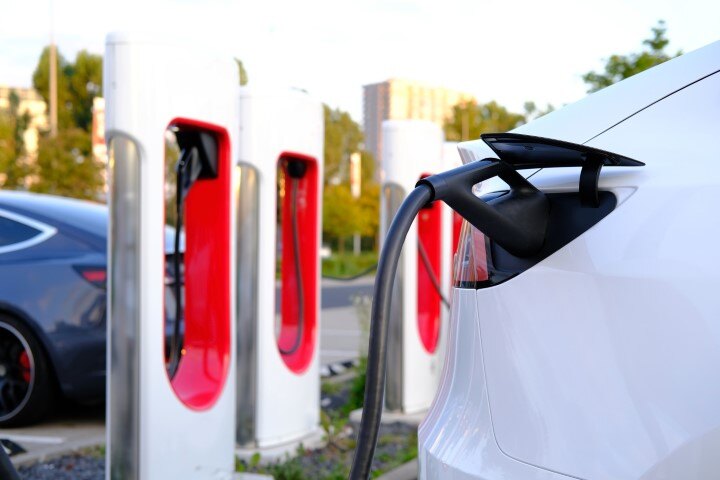1 min read
Electric Cars - Nothing New Under The Sun
The Chevy Volt. Nissan Leaf. Ford Focus. The green trend in the last 5 years has raised consumer awareness about electric cars and created a niche...

Cars are so complicated that a simple rattling noise could turn out to be nothing or it could be the start of a four-figure repair job. We always say that having a reliable mechanic you can trust is one of the best relationships you can have. If there's something wrong with your vehicle and you take it in to said trusted mechanic, sometimes you get good news. Like when they say "your check engine light? Just a loose gas cap - nothing to worry about." But these scenarios do not fall into that category.
You definitely don't want to hear one of the worst things a mechanic can tell you.
 "There's transmission fluid in the brake reservoir"
"There's transmission fluid in the brake reservoir"If you mistook one place for another and happened to put transmission fluid in the wrong place, don't worry. You wouldn't be the first person ever to make that mistake. That's the good news. The bad news is that there's no easy fix for such a predicament. Transmission fluid is a petroleum product, and if it gets into the brake system, it will attack all of the rubber seals in the system. And there are a lot of them. Which means everything has to be replaced. If you're lucky, you might only have to replace the master cylinder. But if you used the brakes and pumped the fluid throughout the system, then everything has to go. That's when you're looking at a $2,000 job.
Models may vary, but a good rule of thumb is that timing belts need to be changed every 80-100k miles. If you don't change the belt often enough, you run the risk of it breaking. How bad could that be? That depends on the design of your engine.
Generally speaking, you have two classes of engine - "interference" and "non-interference" models. The difference between the two lays in the position of the valves and how they open relative to the pistons. Interference engines have valves that open wider and into the path of the pistons as they travel up. This allows the engine to "breathe" better and gives it better performance. But when the timing belt breaks, the piston smashes into the valves and you suddenly have a really expensive repair job on your hands. If the belt breaks on a non-interference engine, you're just stuck and you have to get a tow.
Jumper cables typically have indicators that tell you which terminal is supposed to be attached to which cable. What happens if you get it wrong? You reverse the polarity of the system, which can lead to either good news or bad news. The good news would be.....you only blew up the battery. Or fried a couple wires. The bad news would be.....you might need a new computer for your car. And that's when the repair bill starts matching your mortgage payments over the next six months.
Your car needs water, but not inside the pistons. If you take your car for a swim, or you drive it through your local marsh, water gets in the pistons and bad things happen. You might think 'it's just a little water, what's the worst that can happen?" Pistons are designed to have only a few things in them - air and droplets of fuel. Air happens to be compressible. Water is not compressible. So if you get your cylinders wet, the piston tries to compress the water, and the piston typically loses this fight. The results of this mis-match is a bunch of bent and broken parts, leading inevitably to a large repair bill for you.
Oil is important stuff for your engine. It keeps all the moving metal parts from rubbing together and melting into a giant agglomeration of steel and aluminum. Giant agglomerations of metal don't typically move the car from point A to point B. In order to keep a giant agglomeration of metal from showing up in your car any time soon, always check your oil regularly, change it according to manufacturers' instructions, and pay close attention to any warnings about oil pressure your car is giving you.

1 min read
The Chevy Volt. Nissan Leaf. Ford Focus. The green trend in the last 5 years has raised consumer awareness about electric cars and created a niche...

The automakers of many newer vehicles are recommending use of synthetic oils in those vehicles. Synthetic oils cost more which leads some consumers...

Green electric cars (environmentally-friendly, not the color) seem to be a key part of environmentalists' plan to cut carbon emissions and help save...